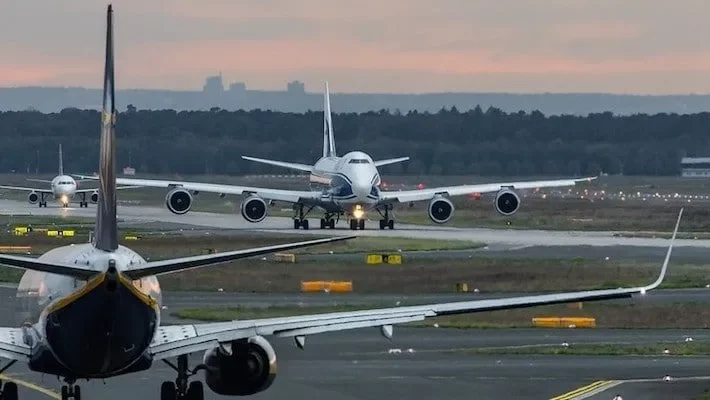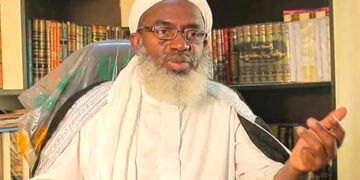Aviation industry operators have underscored that the future profitability of Nigeria’s aviation sector largely depends on reducing interest rates and upgrading airport infrastructure.
The president of the Aircraft Owners and Pilots Association of Nigeria (AOPAN), Dr Alex Nwuba, has advocated for cheaper funding to ensure local operators remain competitive in the global marketplace.
Nwuba called at the maiden transport summit organised by JustAlive Communications Ltd.
The summit had the theme of “Nigeria’s Transport Infrastructure Innovation for a Sustainable Future.”
Nwuba said that the government could only provide cheaper funding but advised that it must remove cost structures that impede growth.
“We must change the narrative that aviation is unprofitable. It is very highly profitable, but we must remove the inherent cost structures.
“We must remove those components from the industry and then sell them to the federal government. You can borrow cheaply. You can borrow at one or two per cent.
“I have always proposed the concept of a national leasing company. So we have to have a national leasing company, we need cheap aeroplanes,” he said.
According to Nwuba, the government could get 500 aeroplanes and bring them to Nigeria, making them available to airlines at four per cent to make them globally competitive.
“The first question you may ask is, what if the airline fails? No problem. Somebody is always waiting on the side to start an airline.
“When this guy fails to give the aeroplane to the next guy, what that will do is flood the market with equipment required to provide the capacity for sustainable airlines,” he noted.
Nwuba ruled out the belief that aviation in Nigeria was not profitable, adding that the profit limit in aviation is three per cent, four per cent, or at best seven per cent, but Nigerian airlines borrow money at 28 to 34 per cent.
According to him, 47 per cent of airlines’ money goes to fuel, and he wonders where they are getting the money to remain operating year after year.
He added that airlines made over 30 per cent in profit, but said the problem was that service providers provided most services.
Nwuba added that this would cut the cost of air fares and encourage more people to fly.
The chief executive officer of Aero Contractors, Capt. Addo Sanusi attributed the increasing cost of air fares to government policy inconsistencies.
Sanusi, who was represented by the head of Sales at Aero, Femi Oluwafemi, said some airlines in Nigeria need cash inflow to provide better services and expand operations.
Speaking on the state of airports across the country, Sanusi said that there was a need for improved infrastructure.
“We have talked about the improvement at the international airports, but we can do much better in many ways at the local airports. What processing time does the customer who enters any of our airports need to pass through?
“What kind of structure should we put in place to ensure that their experiences at the end of their flights are better?
“At the end of the day, it is not the airline staff who are responsible for many things that are going on. So, we have many gaps that we need to block as a country, and we must do that together.
“The public and private sectors, governments must be open to dialogue,” he said.





